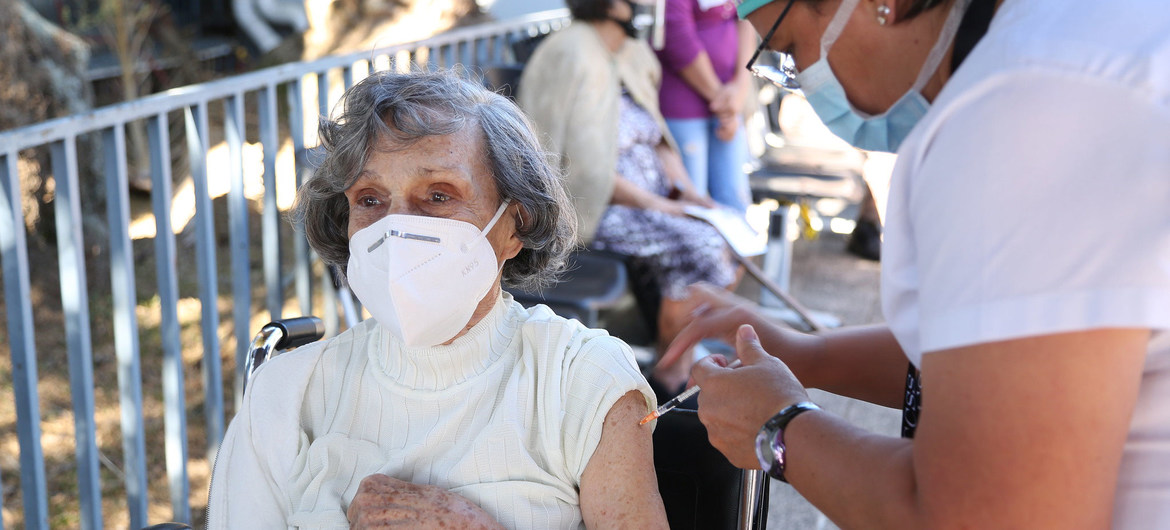A recent study published in JAMA Network Open has revealed that higher daily step counts are significantly associated with a reduction in depressive symptoms. Conducted by a team of Spanish and South American researchers, the study analyzed data from 33 observational studies to investigate how walking, measured through wearable devices, might help alleviate depression in adults.
Background
Depression is a global health issue affecting millions, impairing quality of life and presenting challenges for prevention and treatment. While biological and lifestyle factors contribute to depression, increasing attention has been given to modifiable behaviors such as physical activity. Physical exercise, particularly light-intensity activities like walking, has long been known to offer protective benefits against mental health issues. However, quantifying the impact of physical activity on mental health outcomes has been difficult, largely due to reliance on self-reported data.
Advancements in wearable technology now allow for precise tracking of daily steps, providing an objective measure of activity. While prior studies have demonstrated the physical benefits of higher step counts, research examining the link to mental health, particularly depression, has been limited.
The Study
To address this gap, the researchers conducted a systematic review and meta-analysis to examine the relationship between daily step counts and depression. The study incorporated data from 33 observational studies, including 27 cross-sectional and six longitudinal studies, with over 96,000 participants from around the world.
The studies assessed daily step counts using devices like accelerometers, pedometers, and smartphones and evaluated depression either diagnostically or through symptom scales. The researchers grouped step counts into activity levels and analyzed depression outcomes. They also performed subgroup analyses to explore potential differences across age, sex, and device type, ensuring robust and reliable findings.
Key Findings
The study found a clear association between higher daily step counts and fewer depressive symptoms. Specifically, walking at least 5,000 steps daily was linked to lower levels of depression compared to those walking less than 5,000 steps. Furthermore, incremental increases in activity showed additional benefits, with step counts above 7,500 associated with even greater reductions in depressive symptoms.
Notably, individuals who walked 7,000 steps or more daily had a significantly lower risk of developing depression compared to those who walked fewer steps. Each additional 1,000 steps per day was associated with a 9% reduction in depression risk.
The analysis also revealed a linear relationship between daily step counts and depression risk, with those achieving 10,000 steps per day experiencing the most substantial benefits. These findings were consistent across different age groups and sexes, suggesting that walking is an effective mental health intervention for everyone.
Implications for Public Health
The study underscores the potential of walking as a low-cost, accessible, and scalable strategy for reducing depression risk. The researchers emphasized the importance of incorporating physical activity goals, such as daily step targets, into mental health interventions. With the growing prevalence of depression worldwide, this study provides compelling evidence for the integration of physical activity into public health policies aimed at improving mental well-being.
Conclusion
In conclusion, the research highlights the mental health benefits of walking, with higher daily step counts leading to a significant reduction in depression symptoms. This study provides new insights into how increasing physical activity can serve as a preventive and therapeutic measure for mental health challenges, particularly depression. As wearable technology becomes more widespread, its role in monitoring and promoting physical activity could be pivotal in improving global mental health.
Journal Reference:
Bizzozero-Peroni, B., Díaz-Goñi, V., Jiménez-López, E., Rodríguez-Gutiérrez, E., Sequí-Domínguez, I., Sergio, Francisco, L. J., Martínez-Vizcaíno, V., & Mesas, A. E. (2024). Daily Step Count and Depression in Adults: A Systematic Review and Meta-Analysis. JAMA Network Open, 7(12), e2451208–e2451208. doi:10.1001/jamanetworkopen.2024.51208











